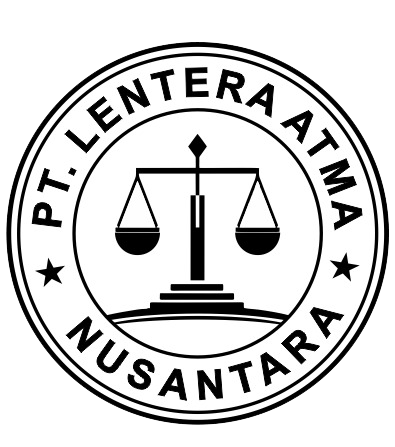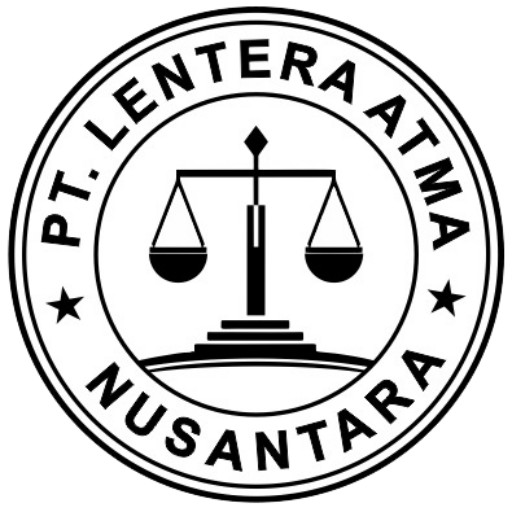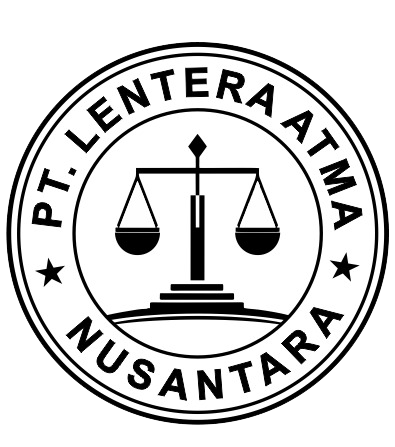8 Steps to Establishing a Company: CV, PT, and PMA
Establishing a company in Indonesia presents a unique opportunity for entrepreneurs looking to tap into one of Southeast Asia’s largest and most dynamic economies. The process, however, requires a thorough understanding of the different types of business entities available, each with its own legal implications, benefits, and requirements. Whether you’re a local entrepreneur or a foreign investor, choosing the right type of company structure—such as a Commanditaire Vennootschap (CV), Limited Liability Company (PT), or Foreign Investment (PMA)—is crucial for ensuring smooth operations and long-term success in the Indonesian market.
The establishing a company involves navigating various legal frameworks and regulatory requirements. A clear comprehension of these processes not only helps in complying with Indonesian laws but also maximizes the potential for business growth and sustainability.
This article aims to provide a comprehensive overview of the key steps and considerations involved in setting up a CV, PT, or PMA in Indonesia, offering valuable insights for entrepreneurs and investors seeking to establish a firm foothold in this vibrant economic landscape.
Commanditaire Vennootschap (CV)

A Commanditaire Vennootschap, or CV, is a type of business entity that is typically used by small and medium-sized enterprises (SMEs) in Indonesia. It is a partnership where at least one partner has unlimited liability (the active partner) and others have limited liability (the silent partners).
Key Features of a CV:
- Formation: To establish a CV, at least two partners are required: a managing partner and a limited partner. The managing partner is responsible for the day-to-day operations and bears unlimited liability for the CV’s debts and obligations. The limited partner contributes capital and shares in the profits but does not partake in management and has limited liability.
- Legal Standing: A CV is not considered a separate legal entity from its owners, meaning that it does not have limited liability protection as a corporation would.
- Regulations: The formation and operation of a CV are governed by the Indonesian Civil Code. There are fewer regulatory requirements compared to a PT.
- Taxation: CVs are subject to personal income tax based on the profits distributed to the partners.
Advantages and Disadvantages of a CV:
- Advantages: Easier and cheaper to set up compared to a PT; fewer regulatory requirements; suitable for small businesses.
- Disadvantages: Unlimited liability for managing partners; not suitable for raising significant capital or for businesses planning to expand significantly.
Limited Liability Company (PT)

Limited Liability Company, or PT is the most common type of business entity in Indonesia. It is suitable for businesses of all sizes and offers liability protection to its shareholders.
Key Features of a PT:
- Formation: To establish a PT, at least two shareholders are required. The company must also have a board of directors and a board of commissioners.
- Legal Standing: A PT is a separate legal entity from its shareholders, meaning it can own assets, incur liabilities, and enter into contracts independently of its owners.
- Capital Requirements: The minimum capital requirement for a local PT is IDR 50 million, although higher amounts may be required depending on the industry.
- Regulations: PTs are regulated by the Indonesian Company Law (Law No. 40 of 2007). They must comply with various regulatory requirements, including annual reporting and general meetings of shareholders.
- Taxation: PTs are subject to corporate income tax on their profits.
Advantages and Disadvantages of a PT:
- Advantages: Limited liability for shareholders; ability to raise capital by issuing shares; suitable for medium to large businesses; more credibility with banks and investors.
- Disadvantages: Higher setup and compliance costs; more regulatory requirements compared to a CV.
Foreign Investment (PMA)

Foreign investment is a company established under Indonesian law. This type of entity allows foreign investors to own a business in Indonesia.
Key Features of a PMA:
- Formation: Foreign investors can establish a PMA by obtaining approval from the Indonesian Investment Coordinating Board (BKPM). A PMA can be wholly foreign-owned or a joint venture with Indonesian partners.
- Legal Standing: Like a PT, a PMA is a separate legal entity from its shareholders.
- Capital Requirements: The minimum capital requirement for a PMA is significantly higher than for a local PT, typically starting at USD 1 million.
- Regulations: PMAs must comply with the Foreign Investment Law and other relevant regulations. They are also subject to sector-specific restrictions and the Negative Investment List, which outlines sectors where foreign investment is restricted or prohibited.
- Taxation: PMAs are subject to corporate income tax, and foreign shareholders may be subject to withholding tax on dividends.
Advantages and Disadvantages of a PMA:
- Advantages: Allows foreign ownership; access to the Indonesian market; ability to repatriate profits; limited liability for shareholders.
- Disadvantages: Higher capital and regulatory requirements; restrictions in certain sectors; complex establishment process.
Steps to Establish a Company in Indonesia

- Preparation: Determine the type of entity (CV, PT, or PMA) that best suits your business needs. Prepare the necessary documents, such as the deed of establishment, articles of association, and identification documents of the founders.
- Name Reservation: Choose a unique company name and reserve it with the Ministry of Law and Human Rights.
- Deed of Establishment: Draft the deed of establishment with a notary public. This document outlines the company’s structure, management, and other essential details.
- Legalization: Obtain legalization of the deed of establishment from the Ministry of Law and Human Rights.
- Business License: Apply for a business license from the relevant authorities. This may include the BKPM for a PMA.
- Tax Registration: Register for a Taxpayer Identification Number (NPWP) and obtain a Certificate of Domicile from the local tax office.
- Operational Permits: Depending on the industry, you may need additional operational permits and licenses.
- Reporting and Compliance: Comply with ongoing reporting and regulatory requirements, such as annual financial statements and general meetings.
Conclusion
Choosing the right business entity is crucial for entrepreneurs looking to establish a company in Indonesia. Each type—CV, PT, and PMA—has its own set of benefits and challenges. A CV is ideal for small businesses looking for a simpler setup with fewer regulatory requirements. A PT offers limited liability and is suitable for medium to large businesses seeking to raise capital and expand.
A PMA allows foreign investors to tap into the Indonesian market but comes with higher capital and regulatory requirements. Understanding these options and the steps involved in setting up a business can help entrepreneurs make informed decisions and successfully navigate the Indonesian business landscape.
For those of you who need assistance, assistance, support or legal consultation to start your business, be it CV, PT or PMA, you can contact our WhatsApp number below +62 812-3902-9568.





